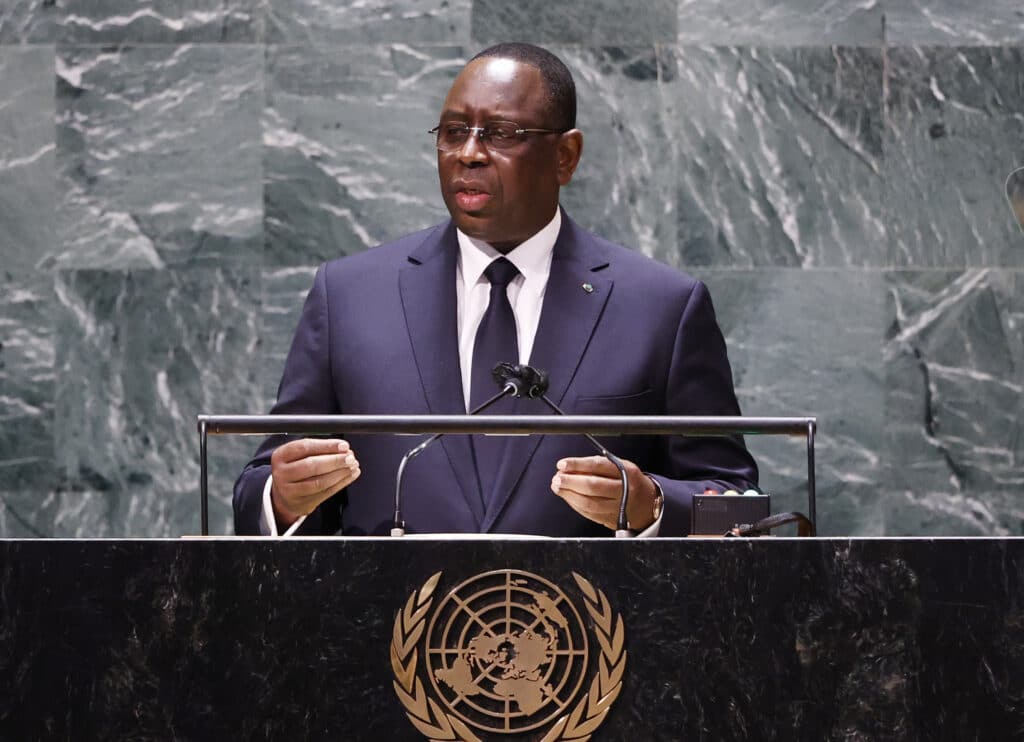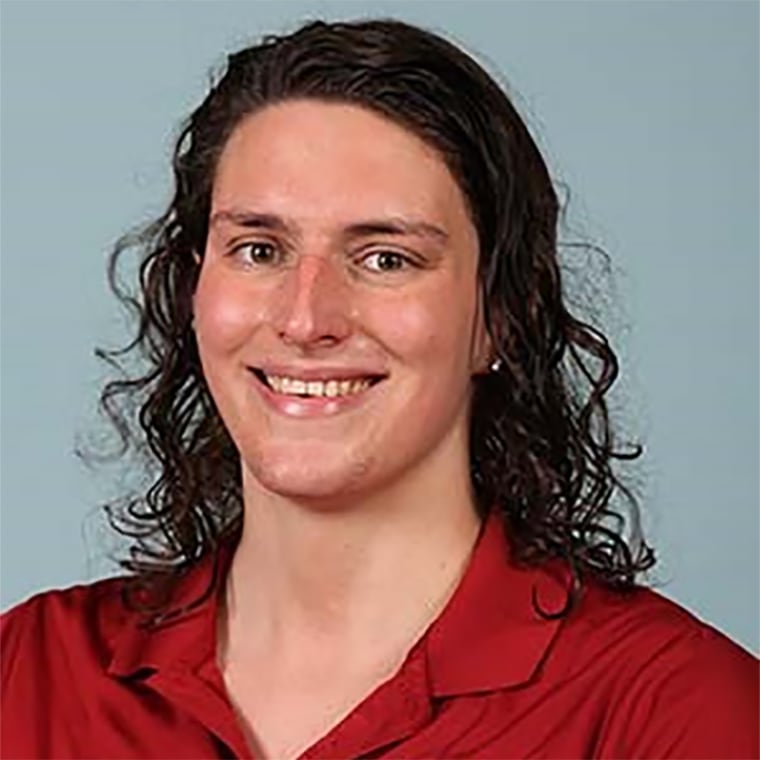HIV Is Not a Crime: A New Play for Reforming Laws Criminalizing HIV Status
As the world marks 40 years of the first HIV cases to be diagnosed, an urgent new campaign and storytelling initiative is focusing attention on living with HIV and reforming laws in more than 30 states that treat HIV status as a crime. The Centers for Disease Control says these laws “discourage HIV testing, increase stigma, and exacerbate disparities,” noting they are outdated and do not reflect the significant advances to treat and prevent HIV transmission, such as effective treatments that can suppress the virus to the point of it being undetectable and therefore untransmittable (U=U). President Biden also prioritized reforming the laws in his administration’s strategy for defeating HIV by 2030, announced on World AIDS Day on December 1.

GLAAD 2021 State of HIV Stigma Study, Published August 26, 2021
For nearly two years, The Elizabeth Taylor AIDS Foundation (ETAF), in collaboration with Gilead Sciences, Inc, the Health Not Prisons Collective, other national and state coalitions have been working to modernize the outdated laws that continue to criminalize individuals for their HIV status. ETAF’s “HIV Is Not A Crime” initiative uses storytelling to communicate that these laws need to catch up with modern science. GLAAD research shows a dramatic need for such storytelling efforts to educate Americans, increase compassion and decrease stigma: with the finale of Pose this year, there will be zero characters living with HIV in any scripted television or streaming program; on film, GLAAD research notes “a complete absence of stories of people living with HIV from the previous year.”
On December 6, 2021, The Elizabeth Taylor AIDS Foundation invited Hollywood screenwriters, producers, and studios to a presentation of ‘Unjust,’ a 10 minute, one-act play about the fight to end criminalization against people living with HIV. The event also included the premiere of the Foundation’s latest video in the ‘True (Not) Crime’ series narrated by actress Annaleigh Ashford and a Q&A panel moderated by Variety’s Senior Entertainment Editor Adam Vary.
The play, written by Lee Raines and directed by Jenny Sullivan, offered a fictional account of real struggles around HIV criminalization. The Q&A panel afterward provided an honest and emotional discussion with Hon. Senator Dallas Harris of Nevada, Diana Oliva from Gilead Sciences, Inc, playwright Lee Raines, and Chair of The Elizabeth Taylor AIDS Foundation’s Council of Justice Leaders Robert Suttle.
GLAAD: What made you want to tell this story?
LEE RAINES: I embraced this project because combining my experience as an activist and as a playwright felt like the perfect fit. UNJUST was a real passion project. The Elizabeth Taylor AIDS Foundation has come up with a very compelling way to present information about the topic of HIV criminalization and to humanize it.
GLAAD: What surprised you most as you were writing the script?
LEE RAINES: I didn’t realize how easily the words would flow. The team came up with a great setting and characters in an initial brainstorming session on zoom. But the more I thought about the characters and their situation, and the more research I did, the more passionate I became. By the time I sat down to write, my blood was up, and the play came gushing out. Which was fortunate – we were on a tight deadline.
GLAAD: What’s the one thing you want people to take away from the play?
LEE RAINES: I want people to feel emotionally connected to the issue of HIV stigma and modernization. There’s a tendency to shut down our emotions when we hear the words “HIV decriminalization.” But there is a terrible human cost.
GLAAD: Why did The Elizabeth Taylor AIDS Foundation launch the “HIV Is Not a Crime” initiative, and what are the goals?
CATHY BROWN, Executive Director of The Elizabeth Taylor AIDS Foundation: The Elizabeth Taylor AIDS Foundation launched the HIV Is Not A Crime campaign in collaboration with Gilead Sciences, Inc in 2020. This campaign reveals the long-outdated laws in many states criminalizing HIV. Our goal is to find a path to modernize or repeal these laws and support those living with HIV. This will allow them to lead their lives without fear. The HIV Is Not A Crime initiative has joined national and grassroots partners to modernize HIV criminal laws across the country. We collaborate with the Health Not Prisons Collective and various other state and national organizations. We have also made it a priority to feature the lived experiences of and voices of individuals living with HIV at the forefront of our work through the Council of Justice Leaders and True (Not) Crime series. Currently, we have been focusing on changing Florida, Georgia, Illinois, Missouri, Nevada, New Jersey, Ohio, Virginia, and Tennessee.

GLAAD: Tell us more about the power storytelling has on the ability to convey a message and change the narrative?
CATHY BROWN: The storytelling and impact of both the moderated panel and the play were palpable on Monday evening. The audience in the room was audibly reacting to what they heard about the need to modernize HIV laws. You don’t get to listen to the same emotional reactions over Zoom. Nothing is more powerful than seeing and hearing individuals tell their stories in person with a live audience. Through the HIV Is Not a Crime campaign, ETAF has dedicated resources, time, and unwavering support to the state coalitions working to modernize HIV laws around the country. UNJUST touched on this aspect of the work and folded in the weight of stigma, disclosure, family impact, and health equity into the program.
GLAAD: What surprised you most about the production of UNJUST?
CATHY BROWN: I was most surprised by the real opportunities for collaboration that this event and the community that attended have presented to the organization. To hear statistics around the number of persons living with HIV currently on mainstream television – 0 – is unnerving. The more we share people’s real stories with the entertainment industry, the more we will shift public perception of the virus’ impact. We hope to roll out this production, or a similar one, to states around the country that have activists and coalitions working to modernize laws.
Watch the latest True (Not) Crime video from The Elizabeth Taylor AIDS Foundation here, featuring Andre Leaphart’s story with narration from Annaleigh Ashford. Andre was a counselor and minister until he lost everything at the age of 40, as a result of being criminalized for his HIV status. He had never been charged for anything in his life until this point. Today, Andre shares his story to help others avoid his unfair experiences with the criminal justice system and HIV stigma, and has dedicated his advocacy work to improving the lives of people living with HIV.

